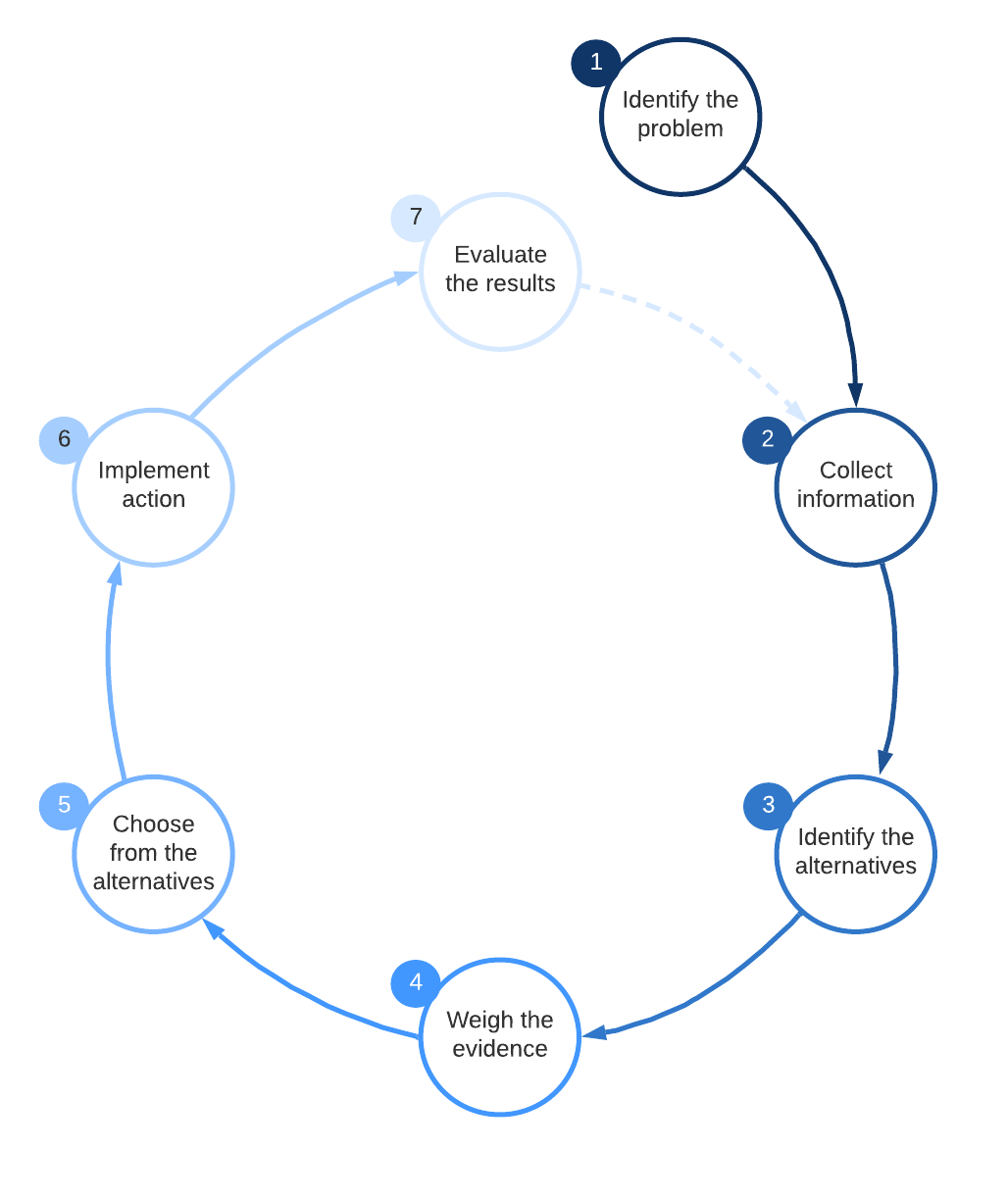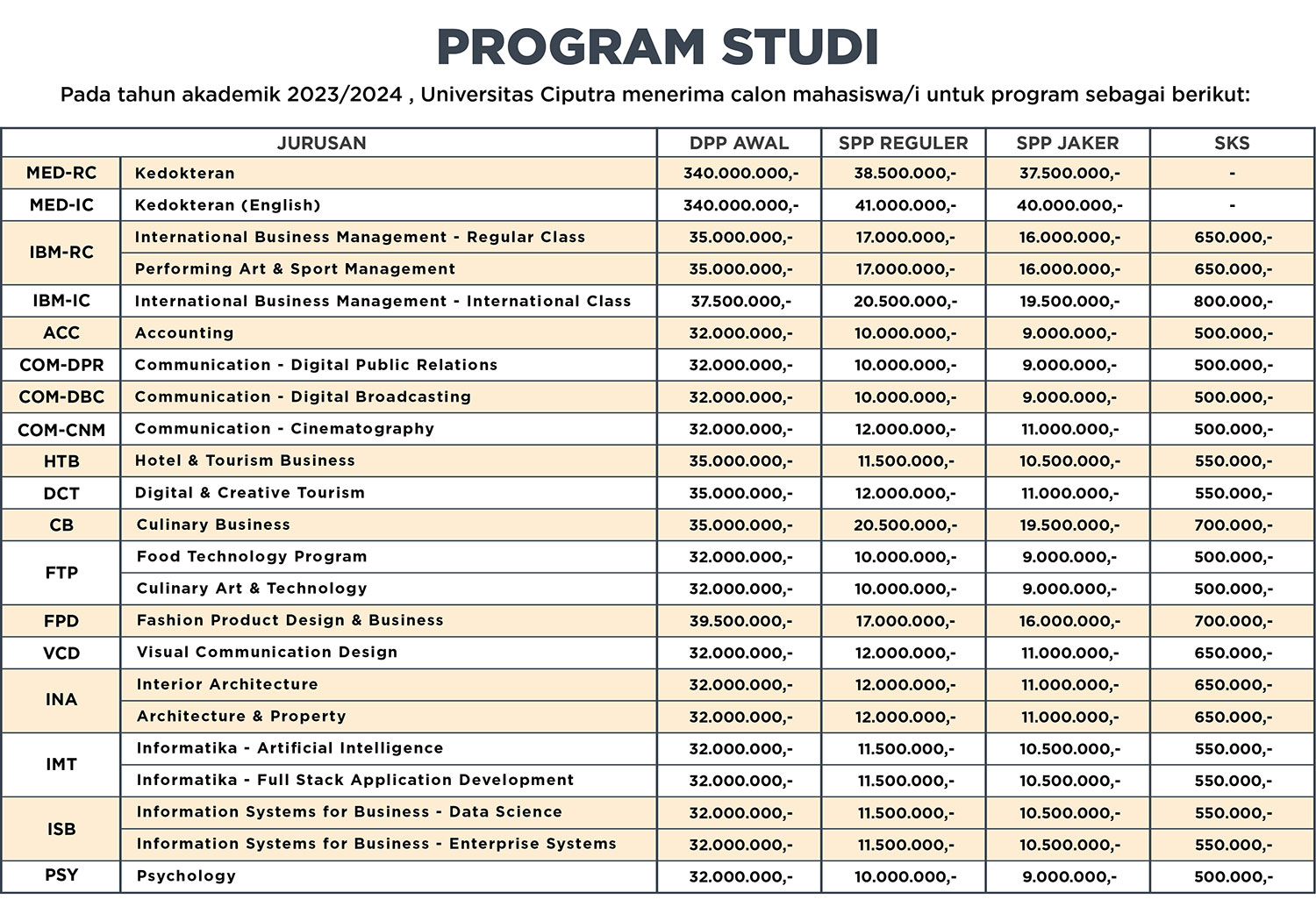
Effective Decision-Making Strategies: Tips for Business Success
Decisions, both big and small, shape the trajectory of a business. Navigating the complex landscape of choices requires strategic thinking and a well-defined decision-making process. Here are key tips and strategies for enhancing decision-making in the business realm.
1. Define Clear Objectives
Every decision should be tied to specific objectives. Before delving into the decision-making process, clearly define what the business aims to achieve. This sets the foundation for aligning choices with overarching goals, ensuring a coherent and purposeful approach.
2. Gather Relevant Information
Informed decisions rely on accurate and relevant information. Take the time to gather data, conduct research, and consult experts if needed. Having a comprehensive understanding of the factors at play empowers decision-makers to make choices based on insights rather than assumptions.
3. Embrace Collaborative Decision-Making
Two heads are often better than one, especially in the business world. Encourage collaborative decision-making by involving key stakeholders. This not only brings diverse perspectives to the table but also fosters a sense of shared responsibility for the outcomes.
4. Evaluate Risks and Benefits
Every decision involves a degree of risk. Assessing potential risks and benefits is crucial. Consider the short-term and long-term implications of each option. A well-rounded evaluation allows businesses to make informed choices that balance potential gains with potential setbacks.
5. Establish Decision-Making Criteria
Create a set of decision-making criteria to guide the process. This criteria should align with the organization’s values and priorities. Having a structured framework helps streamline the decision-making process and ensures consistency across various scenarios.
6. Emphasize Adaptability
In a dynamic business environment, decisions may need to be adapted or revised based on changing circumstances. Embrace adaptability as a key component of decision-making. Being open to reassessment allows businesses to stay agile and responsive to evolving challenges.
7. Implement a Decision-Making Timeline
Time is often of the essence in business. Establish a decision-making timeline to prevent prolonged deliberation. While thorough consideration is essential, setting clear timeframes ensures that decisions are made in a timely manner, preventing unnecessary delays.
8. Learn from Past Decisions
A retrospective analysis of past decisions provides valuable insights. Understand what worked well and what didn’t. This learning process contributes to the development of a more effective decision-making strategy over time.
9. Foster a Culture of Decision-Making
Decision-making should not be confined to the leadership team alone. Foster a culture where employees at all levels feel empowered to make decisions within their scope. This not only distributes the decision-making burden but also encourages a sense of ownership and accountability.
10. Continuous Improvement in Decision-Making
Business landscapes evolve, and so should decision-making strategies. Regularly assess and refine the decision-making process based on feedback and outcomes. Continuous improvement ensures that the business remains adaptive and resilient in the face of change.
In conclusion, effective decision-making is a cornerstone of business success. By implementing these Decision-Making Strategies Tips in Business, organizations can enhance their decision-making processes, drive positive outcomes, and navigate the complexities of the business world with confidence.









